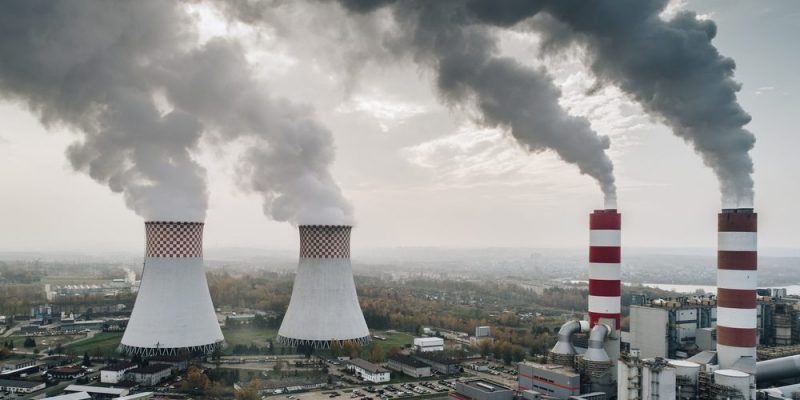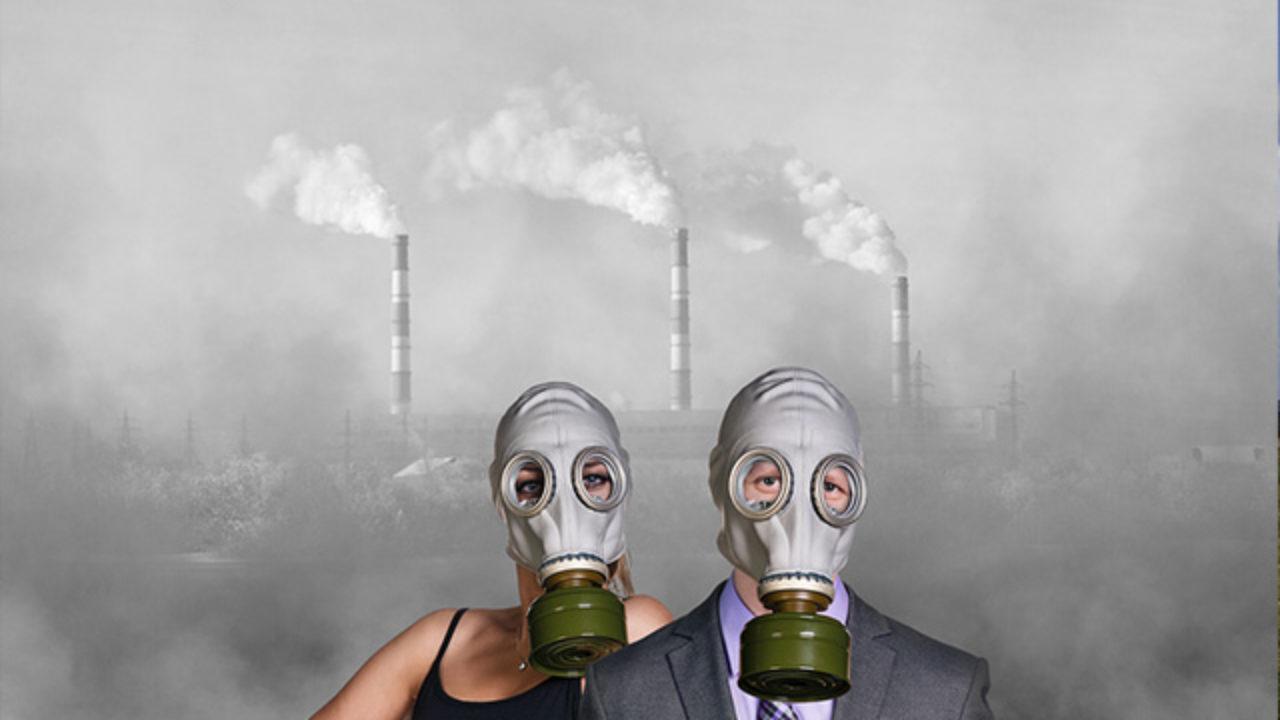AIR POLLUTION
Air pollution is presently one of the most serious environmental problems worldwide. It is present in every society regardless of socio-economic development and constitutes a phenomenon that has a particular incidence on the human health. People with heart or lung disease, older adults, and children are at higher risk for problems from air pollution. Air pollution does not only occur outside: the air inside buildings can also be polluted and affect your health.
Among the main sources of air pollution are:
- Natural sources: Powder that contains biological materials, spores, pollen and bacteria.
- Agricultural sources: Insecticides and herbicides used in agriculture.
- Technological sources:
- Industrial processes of all kinds.
- Industrial and domestic consumption of fossil fuels.
- Motor vehicles.
Air pollution represents a significant environmental health risk, either in developed or developing countries.Environmental air pollution, both in cities and in rural areas, is estimated to cause 4.2 million premature deaths worldwide per year; This mortality is due to exposure to small particles 2.5 microns or less in diameter (PM2.5), which cause cardiovascular and respiratory diseases, and cancer.
People living in low- and middle-income countries disproportionately bear the burden of outdoor air pollution: 91% of the 4.2 million premature deaths from this cause occur in low- and middle-income countries, primarily from WHO Asia and Western Pacific Regions. The latest estimates of disease burden reflect the critical role that air pollution plays in cardiovascular disease and death. There is increasing evidence showing the links between ambient air pollution and the risk of cardiovascular disease, including studies conducted in heavily polluted areas.
Tips to reduce air pollution.
- Recycling not only reduces the amount of garbage on the planet, it also helps to keep the air cleaner: resources are used and in this way the manufacturing processes that generate gases harmful to the atmosphere are considerably reduced.
- Caring for the green areas of cities: many or few, function as the oxygen lung of urban centers. They don't generate as much oxygen as in the field, but they can help absorb CO2.
CAUSES
THE DETERIORATION OF THE OZONE LAYER.
The ozone layer in the atmosphere is a kind of umbrella or shield that protects the planet's surface against ultraviolet (UV) radiation. Chlorofluorocarbons are the compounds directly involved in the destruction of the ozone layer and are present in spray pumps. as deodorants, lacquers, air fresheners and sprays in general. The decrease in the ozone layer is estimated to have a direct impact on the increase in cancer rates.
The above are activities that we can all do to reduce air pollution in our cities. However, there is a space, the domestic one, that of our houses, whose air is also very important. First, because we breathe it every day; second, because external air can enter the interior which, being contaminated, to any degree, introduces a stale air into our daily lives; And finally, because at home we also carry out actions that can pollute the air we breathe and that we release abroad.
CONCLUSION
-In conclusion, to avoid air pollution with simple changes in our society, such as using public transport, using dry wood in our stoves, take care of the forests, do not start fires or destroy green areas of the city as this helps us to clean the air.
-We are living in a very unpleasant world for our health and the worst thing is that we are the same population who are promoting all this to happen since with all the technology we need to live we are harming our environment; It seems illogical to me that they allow so many products to come onto the market, if they have the idea that they are harming our environment, there must be control of all these products so that instead of increasing, they decrease.





